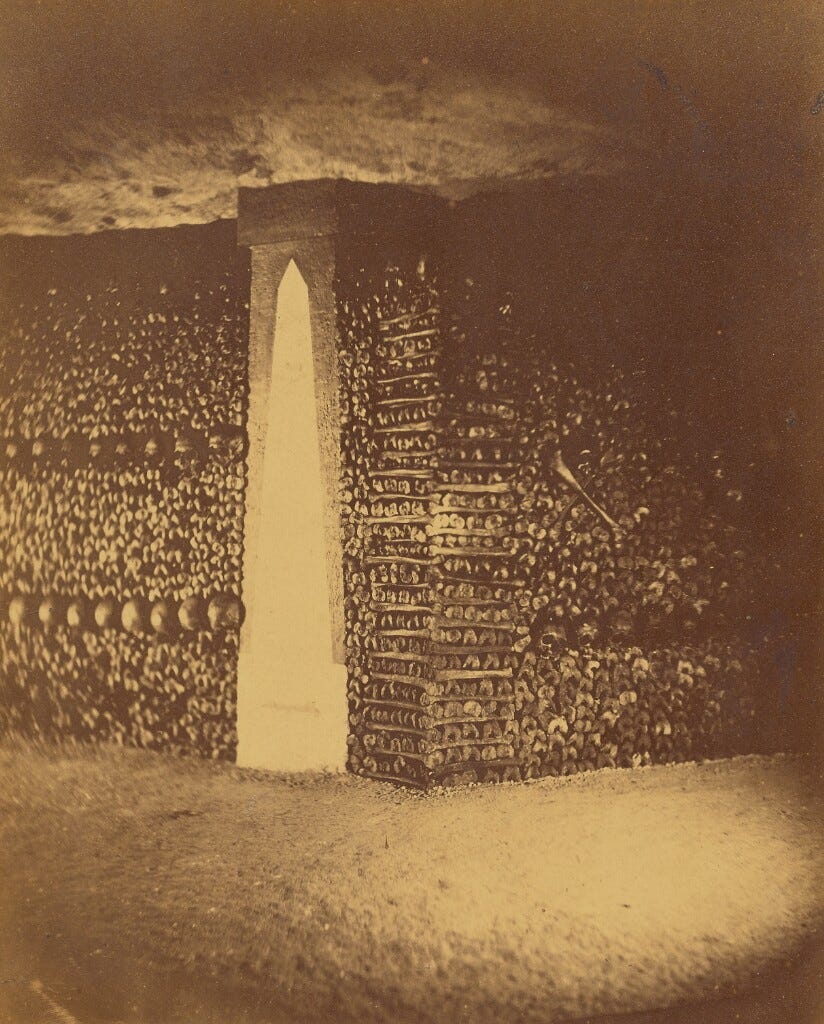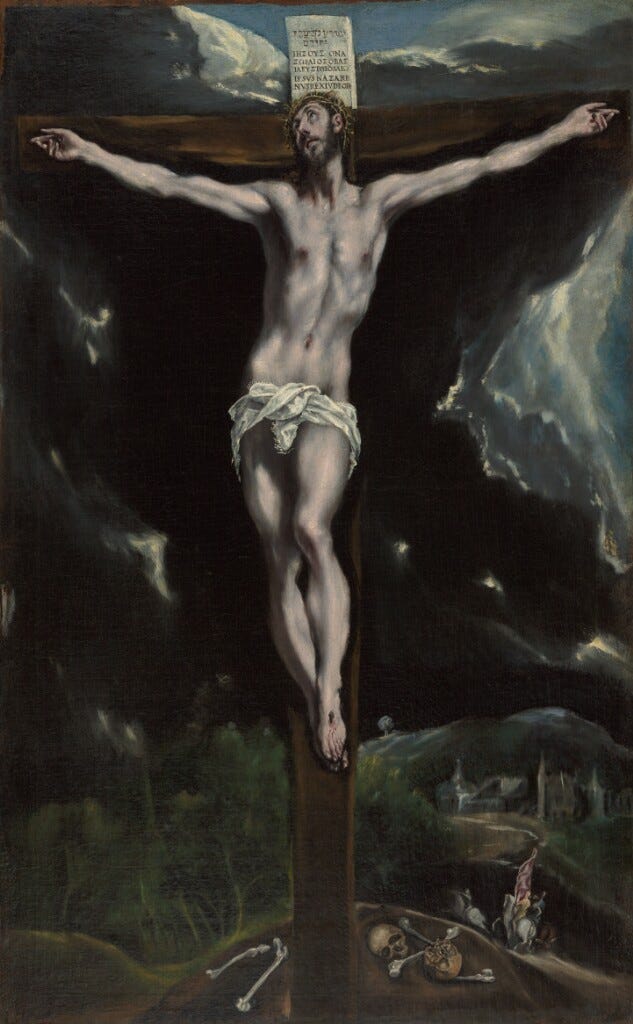"Not one of his bones will be broken” (Jn 19:36//Ex 12:46).
The last thing I want to do is trivialize your suffering. If you’ve never felt the frustration of someone telling you that things really aren’t so bad when you’re in the pit of despair, there’s a good chance that you’re the person doing the frustrating.
Imagine telling Jesus, “Sure, crucifixion is bad, but know ahead of time that none of your bones will be broken.” I doubt that would have stemmed the flow of blood from his sweat pores.
Yet, John makes huge significance of Jesus’s bones remaining intact despite the brutality of his lynching. It’s in part because Jesus is the Lamb of God who takes away the sins of the world. John the Baptist had said it at the beginning of the story (Jn 1:29), and the passage John references about Jesus’s bones is from the instructions for the Passover in Exodus 12—the slaughtered lamb’s bones were to remain in tact.

However, I think there’s more to it than just the Passover connection.
As I meditated on this passage, it struck me that I have this small thing in common with my Lord. I’ve fallen from trees and walls, crashed my bicycle, and tumbled from a galloping donkey. I’ve had bricks and stones flung at me, guns fired on the building I’m hiding in, and late spring Atlantic surges hurl me onto the rocky beach. Soccer, basketball, volleyball, and innumerable other team sports haven’t done it either—and all of this just in my childhood. Through it all, not a single bone has been broken. It’s a good reminder that I’m still alive, still breathing, still held in the love of Christ no matter what I’ve been through, and no matter what I will go through.
My suffering is trivial compared to Jesus’s, but that I’ve had all my bones always in tact in common with him strikes me as a spiritual lesson. And here it is: while we should never trivialize another’s suffering, we should strive to help one another see the foreshadowing of our glorification.
Jesus’s unbroken bones don’t just recall the Passover, they anticipate his resurrection. The trivial wholeness of his bones foreshadowed the profound glory of his risen body.

I’m not saying that if you’ve broken a bone your coming glory is more difficult to discern, nor am I saying that you have less in common with Jesus. But what I am saying is that it’s possible to find evidences of the coming glory Jesus has for you. He has it for you because it’s his glory that he will share with you.
You might say with the starving Jesus, “I can count all my bones” (Ps 22:17)—yes!
So count them in your starvation.
Count each one that isn’t broken,
and say, “not one is broken.”




